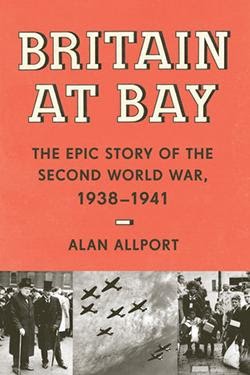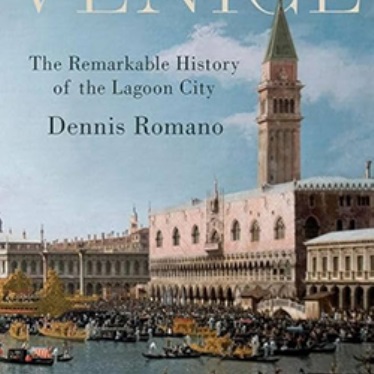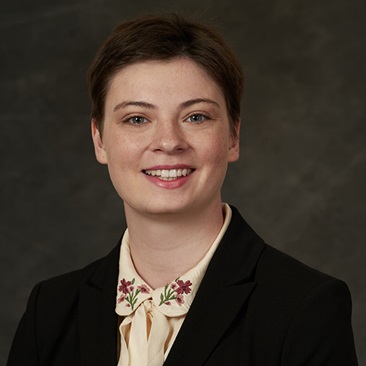Britain at Bay: The Epic Story of the Second World War: 1938-1941
Alan Allport
Knopf Doubleday Publishing Group, December 2020

A sweeping, groundbreaking epic that combines military with social history, to illuminate the ways in which Great Britain and its people were permanently transformed by the Second World War. Here is the many-faceted, world-historically significant story of Britain at war.
In looking closely at the military and political dimensions of the conflict’s first crucial years, Alan Allport, professor of history, tackles questions such as: Could the war have been avoided? Could it have been lost? Were the strategic decisions the rights ones? How well did the British organize and fight? How well did the British live up to their own values? What difference did the war make in the end to the fate of the nation?
In answering these and other essential questions he focuses on the human contingencies of the war, weighing directly at the roles of individuals and the outcomes determined by luck or chance. Moreover, he looks intimately at the changes in wartime British society and culture. "Britain at Bay" draws on a large cast of characters–from the leading statesmen and military commanders who made the decisions, to the ordinary men, women, and children who carried them out and lived through their consequences–in a comprehensible and compelling single history of forty-six million people. For better or worse, much of Britain today is ultimately the product of the experiences of 1938-1941.
Related News
Research

Mar 25, 2024
Research

Mar 20, 2024
Research

Feb 29, 2024
School News

Feb 27, 2024